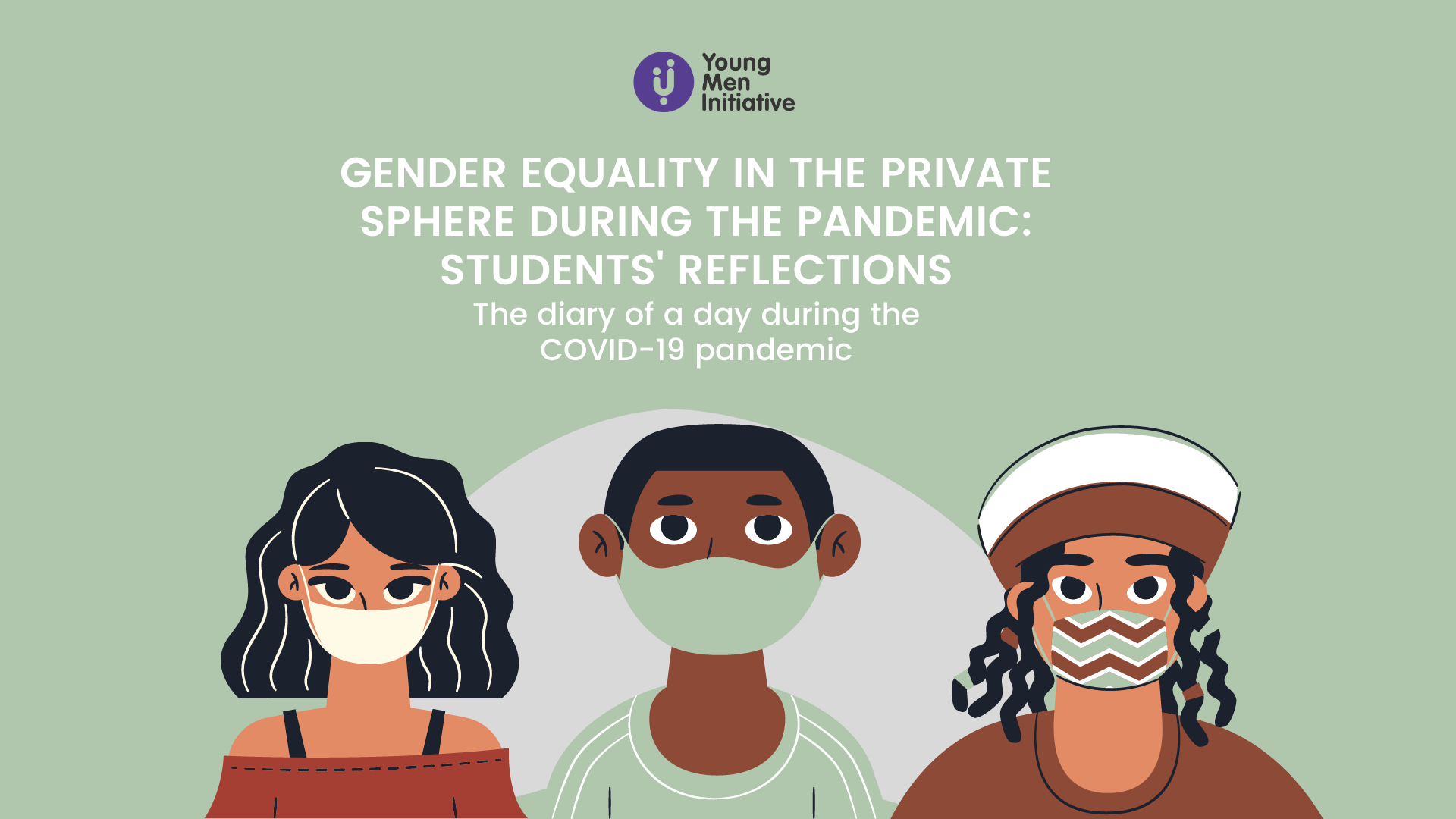Diary of a day during the COVID-19 Pandemic from gender perspective
The division of labor within a family is important in defining positions of power, especially in the power of negotiation within the family.
Having in mind the fat that the COVID-19 crisis affects gender in various ways, the measures taken to find a solution to it should take gender into consideration too. No matter in what situation the humankind is, it’s women who take the major part of the responsibility to keep the society together, be it at home, in healthcare, school, or taking care for the elderly. In most of countries, women do all this work with no pay.
Starting from cooking and cleaning, up to taking care for children and the elderly, women do chores and unpaid labor three times as much as men do. While more and more people are remaining isolated at their houses in order to prevent the spread of the COVID-19, healthcare workers are having a stressful time. Even if women are helping children learn from the distance, supporting their relatives, or cooking food, cleaning, and taking care of our families, it is time for all of us to reflect and share the work. It is therefore important that each one of us do our part of the work at home, in order to make it easier for women who are having extra burden of unpaid labor and everyday care.
Social distancing means that home becomes a school for many families in the whole world. Therefore, it is important to have conversations on gender equality with our family members, friends, and especially children – boys and girls. To many people around the world, the outburst of the COVID-19 is a sign of how fragile and unpredictable our life can be. This virus has changed the way many of us live, work, or finish essential life functions.
There are different ways how my family spends the day during the COVID-19 period. This is a difficult time for everyone, not only in my family but in the whole world, thus there are several ways of facing with it. The beginning of the COVID-19 crisis was very stressful to my family, and the ways we manage the situation are mostly related to the division of labor within our family members.
As the youngest daughter in the family, I have noticed a lot of changes in the way women/girls and boys/men involve in doing the chores. My mom usually used to do all the work at home including cooking, cleaning, and managing other stuff at home. Usually each member of our family is busy doing several things, while my mom mostly does the chores. In these days when all families have been more united than ever before, it is the time to reflect how difficult it is to do the chores every day, and how difficult it is thinking about every single detail of maintaining the family and the keeping the house in order.
In these difficult days, we have divided the work within the family. All of us work together in finishing the chores since each family member is aware how important it is sharing the work, and all of us know how much effort they seek and how much dedication one must show in maintaining the house and the family. Now that we have divided the work, my parents do the cooking while me and my brothers do the cleaning and take care of our garden.
I am very happy since we are all engaged in the chores, and have decided to keep it this way even when the pandemic is over.
This article was written by Aida Osmanaj, a student in the Department of Social Work in UP under the monitoring of professor Vjollca Krasniqi within the cooperation with SIT. This article was written within the project “Men and Boys as Partners in Promoting Gender Equality and the Prevention of Youth Extremism and Violence in the Balkans”, implemented by CARE International Balkans in partnership with SIT and YMCA in Kosovo and supported by Austrian Development Agency, and Oak Foundation.
YMI – Young Men Initiative#CareInternational#CARE#AustriaDevelopmentAgency#OAKFoundation




